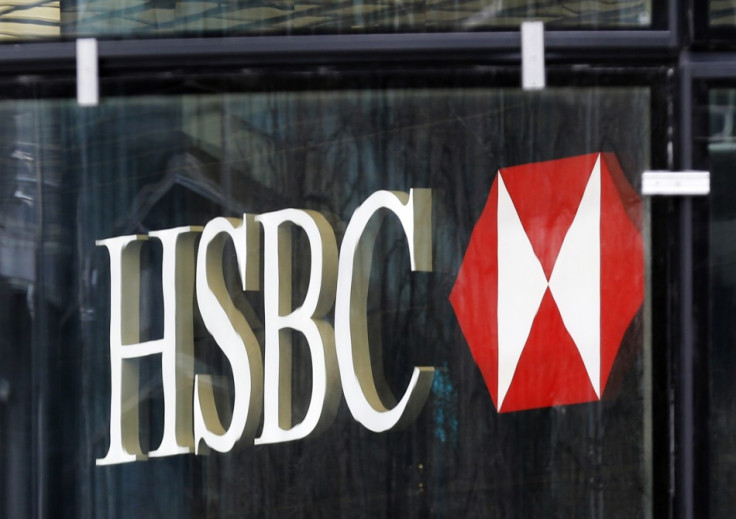HSBC's Revenue Slump Offset By Thousands of Job Losses and Business Closures

HSBC revealed a 10% rise in profit before tax for the first half of the year, as its three-year cost cutting plan starts to take effect, and despite a fall in revenue.
In the group's interim financial results, HSBC's rise in pre-tax profit hit $14.1bn (£9.2bn, €10.6bn) but was half a billion dollars below analyst expectations for the period.
HSBC shares have tanked by nearly 5% in early trading to 722.20p in London following the news.
Profits were bolstered by 46,000 job cuts made by May this year alongside the selling or closure of 52 businesses since 2011.
Earlier this year, HSBC revealed that headcount could fall to between 240,000 and 250,000 by 2016.
The bank's chief executive Stuart Gulliver said at the time that he would redouble efforts to drive down costs and could cut 14,000 more jobs as part of his push to lift profitability and streamline the banking behemoth.
Its core tier 1 capital ratio increased during the period from 12.3% at the end of 2012 to 12.7%.
"Both reported and underlying profit before tax increased in the first half. These results demonstrate that we have continued to make progress on delivering our strategy," said Gulliver.
Meanwhile, profits were also bolstered by significantly less compensation paid out to customers, who were mis-sold payment protection insurance and complex derivatives.
Operating expenses decreased by 14%, driven by lower charges relating to UK customer redress programmes.
Fall in Revenue and Asia Slowdown
Revenue fell 7% to $34.4bn as the bank said western economic growth remained muted and growth from emerging market beacons of growth, China and Asia, slowed significantly.
However, HSBC aims to streamline the bank's operations, by focusing on high-growth markets in Asia, despite the economic slowdown.
The UK bank, which makes an estimated 90% of its profits outside Britain, said it had closed or sold 11 non-core businesses since the start of the year.
"In mainland China, the new emphasis on the quality rather than the quantity of growth is shifting the policy balance away from stimulus and towards reform," said Gulliver.
"We believe this is likely to limit the pace of China's growth to 7.4% for 2013 and 2014, which is already being reflected in more modest growth figures in other markets, particularly in Asia.
"However, we believe that China's reform agenda, which covers financial, fiscal, deregulation and urbanisation reforms, will provide the basis for more sustainable growth in the medium to long term."
Regulatory reforms and litigation reserves added costs for the banking giant. Litigation-related expenses increased by $600m for the first half of this year.
© Copyright IBTimes 2025. All rights reserved.






















